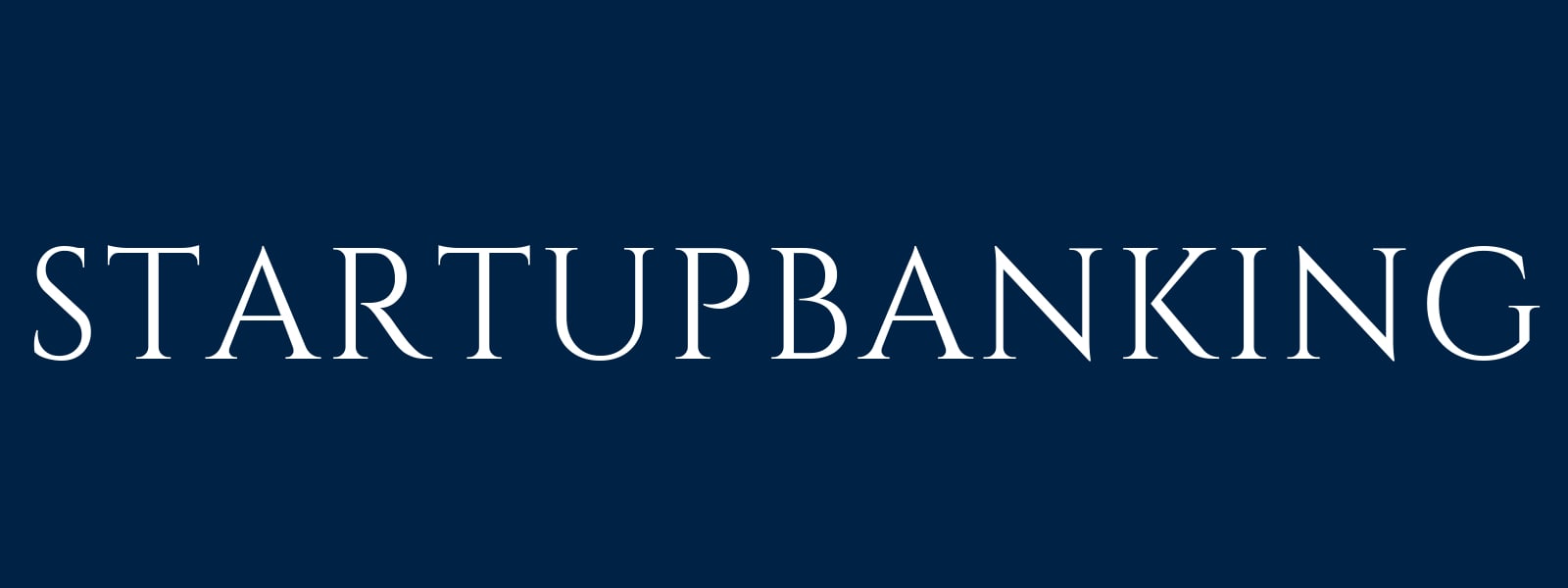Combining an analytical approach to early stage startup financing backed by Jaap Dekter’s investment banking background, and a robust network of investors and corporate partners maintained by Marije Lutgendorff’s community management focus, the term ‘Startup Banking’ was coined. Add a carefully curated selection of start-ups powered by Amsterdam Venture Partners (AvP), and the company ‘Startup Banking’ was born. We sat down with Jaap and Marije to discuss the merits of such a combination.
After founding Amsterdam Venture Partners (AvP), Jaap became frustrated that matchmaking events refused to utilise the start-up selection expertise of AvP to populate their events. So he decided to branch off and show them how it’s done.
X marks the point
Entering an extremely competitive market, the start-up bankers are quick to distinguish themselves from the myriad of “matchmaking events that throw thousands of people at each other and hope something sticks”. The culmination of “thousands of hours evaluating and helping both sides” produces an event prioritising relevance by curation at every stage. “VCs typically invest in 1 out of 100 companies they meet, whereas 40% of attending startups see investment within 6 months”.
Whilst their events mark the production of a rigorous selection and matchmaking process, it is “just the most visible point of the entire journey”.
First base: Start-ups
Leaning on the expertise of AvP, who are “insanely good at identifying winning start-ups” to handcraft a class of less than 20 from over 200, the start-up bankers partner with promising companies seeking seed investment of EUR .5 million to EUR 3 million, or Series A funding up to EUR 10 million.
Jaap describes that at this point, “No other event organiser has the same rigour and methodology to helping start-ups pre-event.” Relying on years of experience, Jaap and his team invoke their knowledge to ply pitchdeck advice, pitch coaching and fundraising strategies to start-ups.
Marije reminds us that Startup Banking “supports start-ups from seed to series A and beyond,” with attendees becoming part of their alumni network. “This creates a process of high relevance touchpoints, rather than just an event,” she notes, allowing them to introduce investors and corporate partners at vital points to “add value everywhere”.
Both sides of the coin: Investors
Jaap describes the methodology that founded AvP, and now permeates Startup Banking as navigating the maze of metrics to determine which indicators VCs “look for when they invest in a startup, and why they decide to pass on opportunities”.
Culminating in a pre-vetted and pre-scheduled event, startups and VCs receive personalised schedules with relevant meetings tailored to their ticket size, focus and metric requirements. These are interspersed with QnA sessions moderated by Jaap to encourage the international VC’s to share intimate knowledge with local investors and attending startups to provide them with a broader, international, perspective.
Three-way handshake: Corporate Partners
The ubiquitous values of relevance and adding value everywhere becomes clearer as Jaap describes their relationships with various corporate partners. “There is a growing number of banks looking past traditional cashflow metrics, and more at VC-style metrics to identify promising start-ups”. This enables Startup Banking to leverage their network to bridge the gap between traditional banking and start-up investment, referring the right start-ups to the relevant desks within more traditional banks.
Marije furthers the cause by explaining how the alumni network extends to introductions to other partners “Who can help with key advice on areas such as recruitment and legal issues.” This is a prominent reason, they explain, why they have such good relations with their corporate partners: “They are happy to sponsor our platform, which builds bridges between start-ups and VCs, rather than just sponsor matchmaking, as there is far more opportunity for more relevant connections to be made within our alumni network as start-ups progress.”
Where does fintech fit in?
Jaap describes how their “no-nonsense, analytical approach” to attendee selection has previously limited their involvement with fintech companies, as they tend to have “A far higher internal valuation than something equally as promising in another sector”. He continues, “But as the market matured and agreed there is room for the existence of traditional financial institutions and fintech players, valuations are starting to align with the rest of the market.” This has led to Startup Banking noticing greater interest from VCs and corporate partners, and hence a renewed interest in the sector. Jaap hints at another trend that is helping fintech startups’ plight for funding as “Fintech startups are catching on to the broader trend and understand they have to start generating revenue earlier.”
The curtain call
As they look out on 2019, Startup Banking has their sights set on more frequent events throughout Europe and an even higher successful fundraising rate, as they continue their “no nonsense, analytical approach” which is now increasingly including fintech startups. While their alumni programme continues to involve investors and corporate partners at vital stages to ensure fruitful progression, they are seeking more corporate partners to help more European startups raise their series A.


